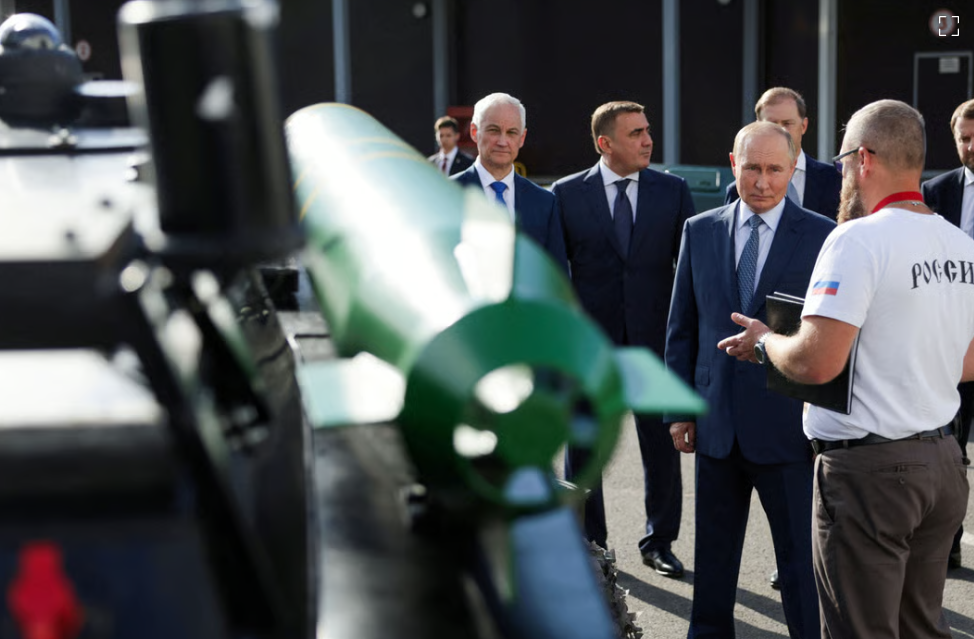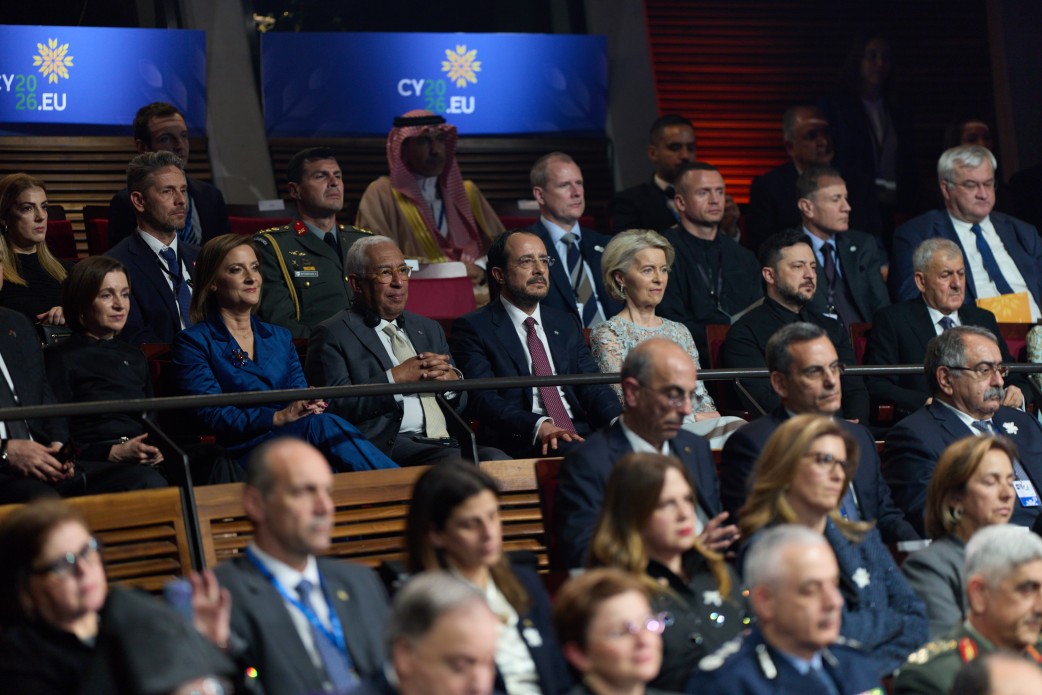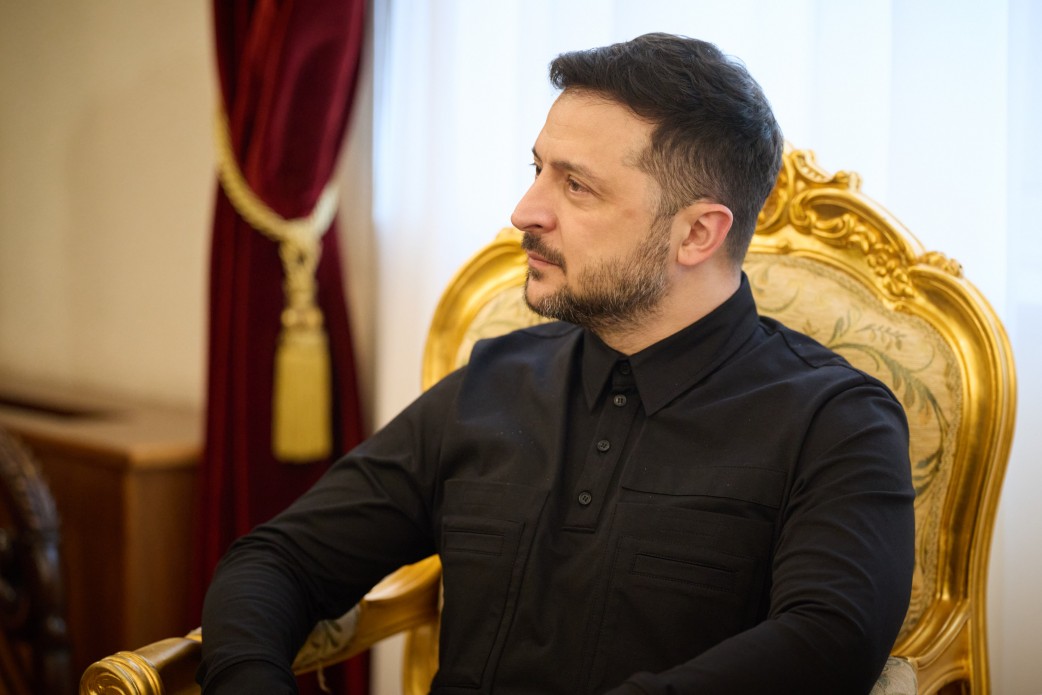Austria, which has adhered to a policy of neutrality for decades, is increasingly reconsidering its security strategy amid the growing threat from Russia. Moscow’s espionage activities, cyberattacks, and extensive influence operations have become a serious challenge to the country’s national security, pushing Vienna toward a possible abandonment of neutrality and closer ties with NATO, experts from the Robert Lansing Institute stated.
The neutrality policy, enshrined in the 1955 State Treaty, allowed Austria to regain sovereignty and stay out of the bloc confrontations of the Cold War era. However, in today’s geopolitical instability, this status has become more of a vulnerability than protection. This is evidenced not only by internal debates but also by concrete steps: joining EU sanctions against Russia, expelling Russian diplomats, and increasing defense spending.
As Austria’s Defense Minister Claudia Tanner said, neutrality cannot mean naivety. Security begins with awareness and readiness. This reflects the growing understanding that hybrid aggression — cyberattacks, disinformation, espionage — does not respect a country’s formal status. According to Austrian intelligence, Russia views Austria as an easy target and uses its territory for intelligence and financial activities.
There is also serious concern that neutral European countries — Finland and Sweden — abandoned neutrality and joined NATO after Russia’s invasion of Ukraine. This precedent has increased pressure on Austria. Members of the European Parliament increasingly question the value of non-alignment, and Austrian elites call neutrality an outdated concept.
According to the Federal Office for the Protection of the Constitution and Counterterrorism (BVT), neutrality has not protected Austria from external aggression but rather provoked it. Russia has used Austria as a strategic espionage corridor into the EU, laundering money and attempting to influence European politics. Vienna, dubbed the “spy capital of Europe,” attracted attention from Russia’s SVR and GRU due to weak oversight and a significant number of diplomats.
The Robert Lansing Institute highlights a series of incidents: an operation involving former diplomat Martin Weiss, pro-Russian influence groups, APT28 hacker attacks on Austria’s Foreign Ministry, and activities of cultural organizations linked to the FSB. All this demonstrated how deeply Moscow has penetrated the country’s political and social life.
Abandoning neutrality could bring both risks and opportunities. On the one hand, protests from supporters of neutrality traditions, especially among the elderly, as well as possible cyberattacks and disinformation campaigns by Russia. On the other hand, closer ties with NATO, enhanced security, reduced espionage activity, and restored public trust in defense policy.
If Austria decides to fully abandon neutrality, it would mark a tectonic shift in its foreign policy since World War II. It could also trigger a domino effect in Europe, pushing other neutral countries — Ireland, Malta, Switzerland — to reconsider their roles in the EU and NATO collective defense systems.
Russia’s war against Ukraine, contrary to the Kremlin’s plans, has become a catalyst for Western unity. NATO expanded to include Finland and Sweden, EU countries sharply increased military budgets, and the US and Europe restored their unity. The alliance gained new strategic relevance as the main shield against authoritarian aggression.
If Austria takes a step toward NATO, it will symbolize the collapse of Moscow’s post-Soviet strategy based on exploiting neutrality as a buffer. Vienna’s exit from this “grey zone” will deprive the Kremlin of an important platform for influence operations and undermine its position in Central Europe. Long considered a bridge between East and West, Vienna may finally reject that role, signaling that in the age of hybrid threats and invasions, waiting is no longer an option.





















